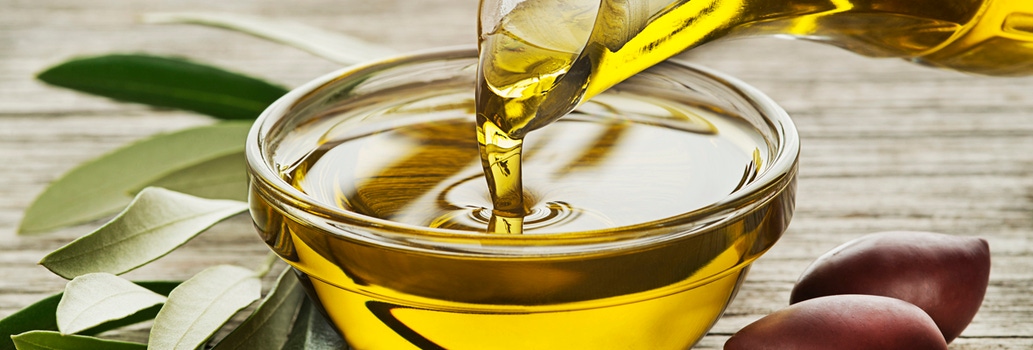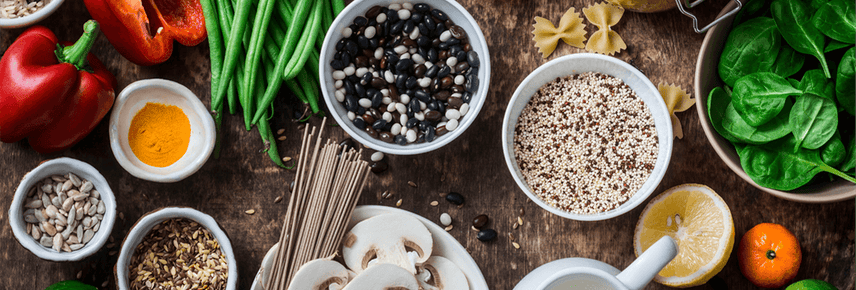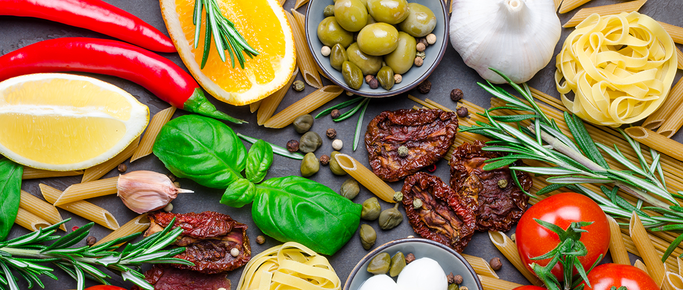
Food in focus: olive oil
If you’re an avid social media user, you’ll have noticed that fats and oils are the new darlings of the diet world. From coconut to butter to avocado oil, supermarket shelves are bursting with varieties, promising endless benefits to your health. But what about the humble olive oil?
Olive oil provides healthy monounsaturated fatty acids and high amounts of powerful plant compounds called polyphenols. As part of a healthy diet, olive oil has been shown to improve longevity.
Olive oil is the main oil in the Mediterranean diet and evidence consistently shows that switching saturated fats (like those found in animal products and coconut oil) to polyunsaturated and monounsaturated fats (found in fruit like olives) is good for your heart and cholesterol.
You might have noticed that some olive oils can give you a peppery taste. This is due to the high oleocanthal content (a natural phenolic compound) in certain oils. This pungency is associated with many health benefits like a reduced risk for cancer, Alzheimer’s and other neurodegenerative diseases and added protection against viruses.
Olive oil is good for you, but can you cook with it? Absolutely. The smoke point for olive oil (the temperature when you’ll start to see bluish smoke rising continuously from oil) is between 190-220°C. Given you sauté foods at 120°C, deep-fry between 160-180°C and roast at 180°C, it’s not often you’ll come close to the smoke point. The health benefits of olive oil should far outweigh any cooking concerns you may have.
So, enjoy cooking with olive oil, drizzling it over salads and even incorporating it into baked goods, like this cinnamon coconut bread.

The latest nutrition advice, plus health and wellness tips delivered to your inbox monthly

